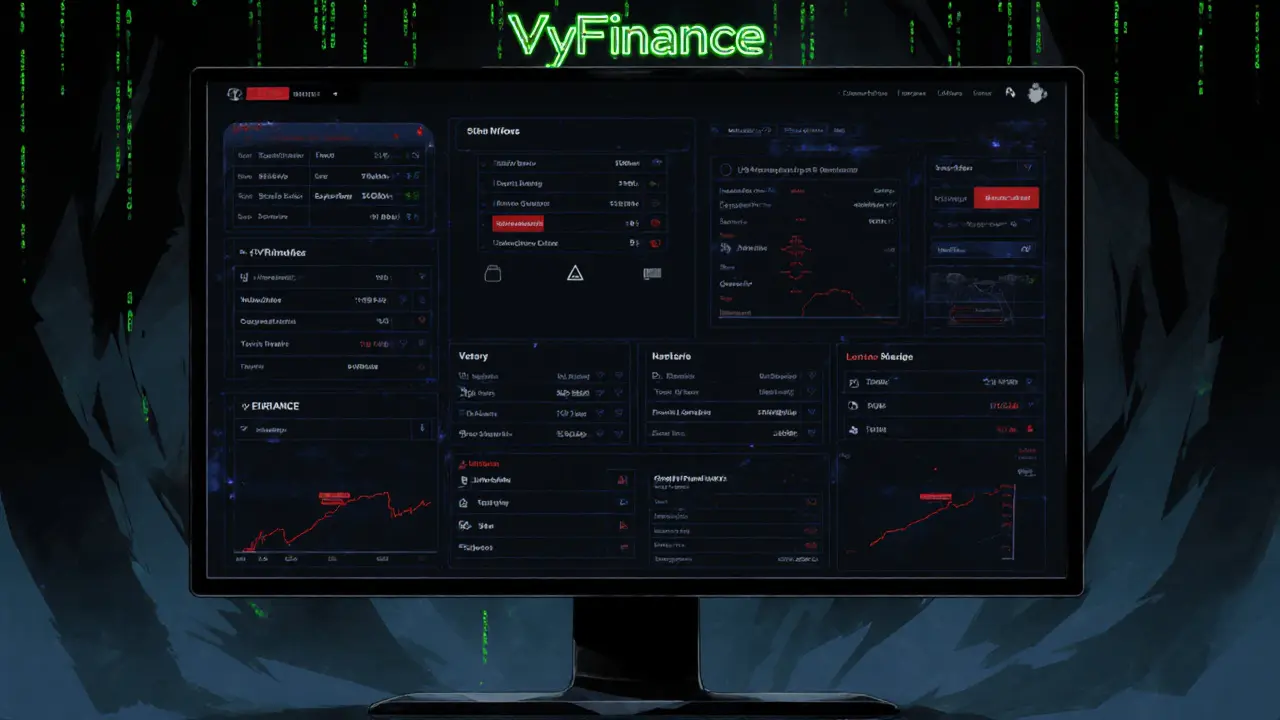Exchange Safety: Protecting Your Crypto Trades
When working with exchange safety – the practice of keeping crypto platforms secure from hacks, fraud, and non‑compliance. Also known as crypto exchange security, you’re basically trying to make sure your money stays yours. Think of it like locking the door on a house you rent – you still want the freedom to come and go, but you don’t want strangers walking in. exchange safety isn’t a one‑off checklist; it’s a mindset that blends tech, rules, and habits.
One of the biggest pillars of crypto exchange regulation – government‑mandated rules that force exchanges to verify users, report suspicious activity, and keep reserves is how it shapes the safety landscape. When a regulator says an exchange must hold a certain capital buffer, users get a safety net if the platform suddenly fails. That’s why keeping an eye on the latest licensing news in places like the UAE or Nigeria matters – the rules decide whether an exchange can stay open or gets pulled offline.
Another practical layer is VPN usage for crypto trading – using encrypted tunnels to hide your IP address and avoid censorship or tracking when you access exchanges. In countries with strict crypto bans, a reliable VPN can be the difference between being able to trade and being blocked completely. But VPNs come with detection risks; if an exchange flags VPN traffic, you might face extra verification steps or even account freezes. The key is to choose providers with no‑log policies and rotate servers regularly.
Then there are the scary stories you’ve probably heard: exchange hacks – successful cyber‑attacks that steal users’ funds or data, often exploiting weak security or insider flaws. The Nobitex incident in Iran showed how a single breach can freeze stablecoins and erode trust overnight. Learning from those events means using two‑factor authentication, hardware wallets for long‑term holdings, and only keeping what you need on an exchange. It also means following post‑hack recovery plans that many platforms now publish.
Lastly, the rise of VASP licensing – a legal framework that classifies crypto businesses as Virtual Asset Service Providers and requires them to meet AML/KYC standards adds another safety net. In Nigeria, for example, the SEC’s VASP licensing process forces exchanges to prove they can spot money‑laundering patterns, which indirectly protects everyday traders from illicit activity. If an exchange is licensed, you get a level of assurance that it’s being audited and can’t just disappear with your funds.
Key Aspects of Exchange Safety You Can Act On Today
Put it all together and you have a simple formula: regulatory compliance, secure connections, and robust defense against hacks create a safe trading environment. Start by checking if your favorite exchange is registered with the relevant financial authority – that’s the first safety filter. Next, enable 2FA and consider a hardware wallet for anything you don’t need to move daily. If you live in a region with crypto restrictions, set up a reputable VPN and test it before you log in. Finally, stay updated on VASP licensing news; a newly‑licensed exchange often means fresh security audits and better user protection.
Below you’ll find a curated set of guides that walk you through the latest rules, security tips, and tools to keep your trades safe. Dive in and arm yourself with the knowledge you need to trade confidently.
- February 27, 2025
- Comments 16
- Cryptocurrency

